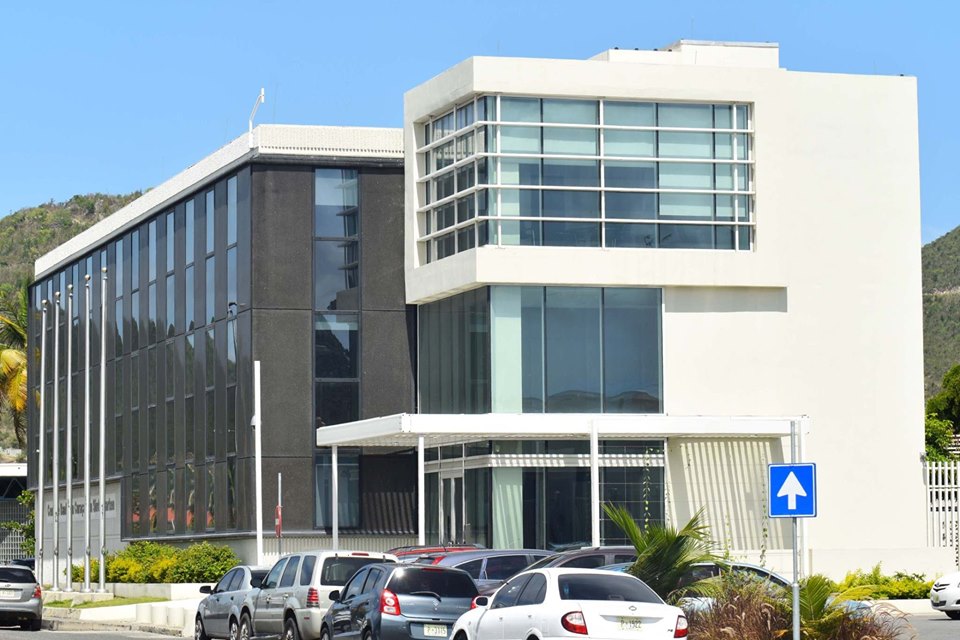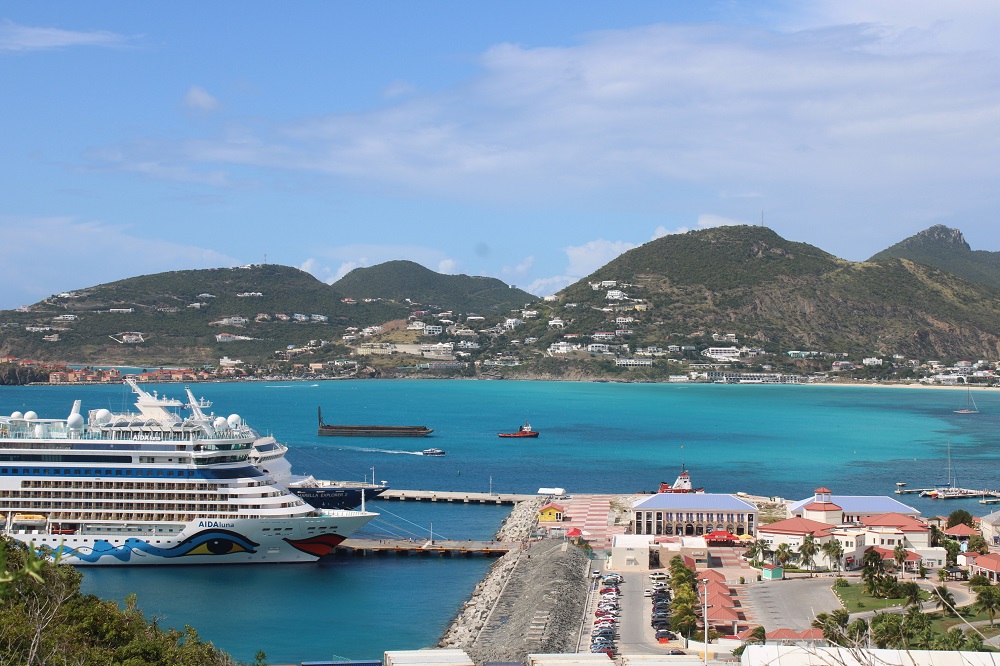SHTA questions the survival of the monetary union between Curaçao and St. Maarten

PHILIPSBURG — An ‘existential threat’ towards the St. Maarten economy is what the St. Maarten Hospitality & Trade Association (SHTA) calls the possible increase of foreign exchange license fees in both Curaçao and St. Maarten. The measure is said to protect account holders of the Girobank in Curaçao from losing their savings.
Following a run on the Girobank on December 9th last year, the Central Bank of Curaçao and St. Maarten (CBCS) froze all transactions. The Central Bank then acted as guarantor for the deposits of Girobank customers up to a maximum amount of 10,000 Antillean guilders (approximately $ 5,500). An undisclosed number of account holders has more money in their accounts, but can only claim this if Girobank is saved from bankruptcy and other banks and financial institutions take over the Girobank, or parts thereof. The emergency solution requires 450 million guilders, according to the CBCS.
St. Maarten Hospitality & Trade Association (SHTA) issued a press release after reading in the Antilliaans Dagblad of January 12th about the proposed increase of the license fee from the current 1 percent to 1.7 percent, and possibly 1.9 percent. In the article, Curacao’s Prime Minister Eugene Rhuggenaath states that St. Maarten will have to increase its foreign exchange license fees as well, in order to reduce damage to Curaçao’s economy.
The SHTA reacts indignantly: “Is this the answer? Let the St. Maarten taxpayers suffer in order to solve a problem caused by years of political shenanigans and CBCS mismanagement that created the Giro Bank fiasco?” The largest private business representative on St. Maarten argues that the proposed measure is making St. Maarten pay for something they were not a part of, were not responsible for, and is therefore unacceptable. “It appears that Curaçao, as the larger economy, dictates Central Bank policy without any consideration for St. Maarten. It is high time that St. Maarten re-evaluates its position.”
With all the post Irma challenges, a poorly devised additional transaction tax is possibly the worst idea for St. Maarten’s fragile economic recovery, the SHTA states. “Besides the fact that St. Maarten had no part in the creation of the Giro bank problem, our economies are different. What may work for Curaçao will not work for Sint Maarten.”
For years, St. Maarten was the island in the Caribbean where cruise tourists spend the most money. In the 2014-2015 season (May 2014 to April 2015), according to an American study, a staggering 422.9 million dollars were spent on jewelry, clothing and accessories, electronics and souvenirs, excursions, food and drinks, as well as supplies for ships in the harbor. That season 3.16 billion US dollars were injected into the Caribbean and a little more than 13 percent of that amount in St. Maarten.

Two years later, after the Category-5 Hurricane Irma pummeled the island, the tourism dependent economy is struggling. St. Maarten reopened as a port of call for cruise ships only three months after the hurricane left the island in shambles and small-business owners in Philipsburg mounted their own recovery-and-rebuilding efforts. Their hard work paid off, but St. Maarten no longer overtakes the other islands in the region with passenger spending. In 2017/18 St. Maarten ranked eight for total cruise tourism expenditures, totaling 143.24 million dollars. Its 933,900 onshore visits of passengers and crew combined were more than 40 percent below that of the 2014/2015 study.
The forecasted 25 percent drop in cruise calls in the 2019-2020 season is clearly felt. St. Maarten may lose out on 30-35 million dollars this season. Now more than ever the purchasing power of the St. Maarten taxpayer needs to be protected, not further eroded, the SHTA points out, fiercely objecting against the Curaçao proposal. “Don’t let anyone fool you! This is a destructive tax that will lead to decreased economic activity and increased social misery; an inflationary spiral of increasing prices, stagnant wages, increased unemployment and business closures.”
The present economic situation in Curaçao combined with the Giro Bank issue raises the question whether the monetary union between Curaçao and St. Maarten can survive, the SHTA concludes. “We suggest that the respective ministries pay attention to what can only be termed an existential threat.”
###
Relevant links:
Press Release SHTA
The downside of the monetary union
Government-owned banks under pressure
CBCS cannot resolve Girobank-debacle without assistance from the Netherlands


























